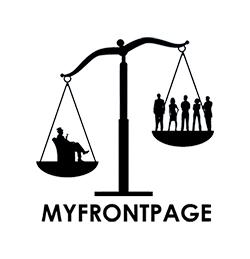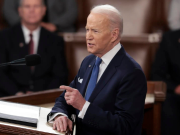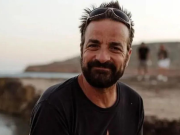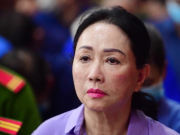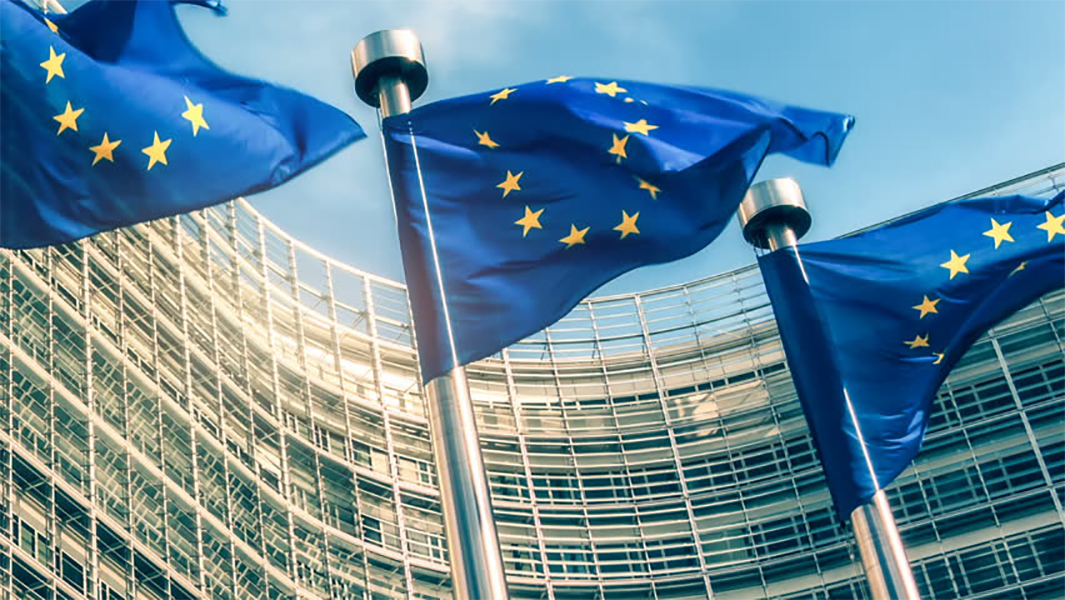Brussels is set to reintroduced a blacklist of non-EU
countries that are tied to money laundering that was previously blocked by the
EU capital when Saudi Arabia and four US territories were implicated.
EU justice commissioner, Vera Jourova, told the Financial
times that the revised methodology will name foreign countries that do not
comply laws against money laundering and financing terrorist activities. The
previous methodology was rejected in February by 27 of the 28 EU member states
particularly the UK, Germany and France. They claimed it was not done in a
“transparent and credible process”.
The first method was abandoned because the EU member states
did not give their support and lack of communication with the states named in
the blacklist. Ms. Jourova admitted they should have communicated earlier with
the blacklisted states before publishing the names.
The first list included 23 jurisdictions like Saudi Arabia,
Guam, the US Virgin Islands, American Samoa and Puerto Rico. But these weren’t
present in the international list of the Financial Action Task Force, the
global authority on money laundering. It sparked intense pressure by Riyadh on
the EU capital states and a rebuke from Washington for being politically
motivated.
Nevertheless, the new methodology will be published in
October with the help of the EU capitals. This time it will publish a different
set of territories and put a grey list to other states that comply with
European recommendations.
“The problem with the first list that it was one size fits
all but not all states are at comparable levels of risk. So, I took all that
criticism on board and now the experts are working on how to address this
issue” said Ms. Jourova.
The EU vows to shut down illegal money laundering in
European states after high-profile money scandals involving Germany’s Deutsche
Bank and Denmark’s Danske.
Although the list is a politically sensitive matter on non-EU
member states’ financial institutions, EU parliament would invoke the
commission to include Moscow in the blacklist. “While the list can be vetoed by
the member states, it should not give in to political pressure and must expand
to include Russia, Azerbaijan and the United Arab Emirates,” said Sven Giegold,
a Green MEP.


